How Team Sky’s fairytale rise and crushing fall can be seen as a sad parable of our own wretched nature
It should not be ignored that Team Sky were enabled in their deception – by a pliant media and unsceptical public – because their rise was just too good a story
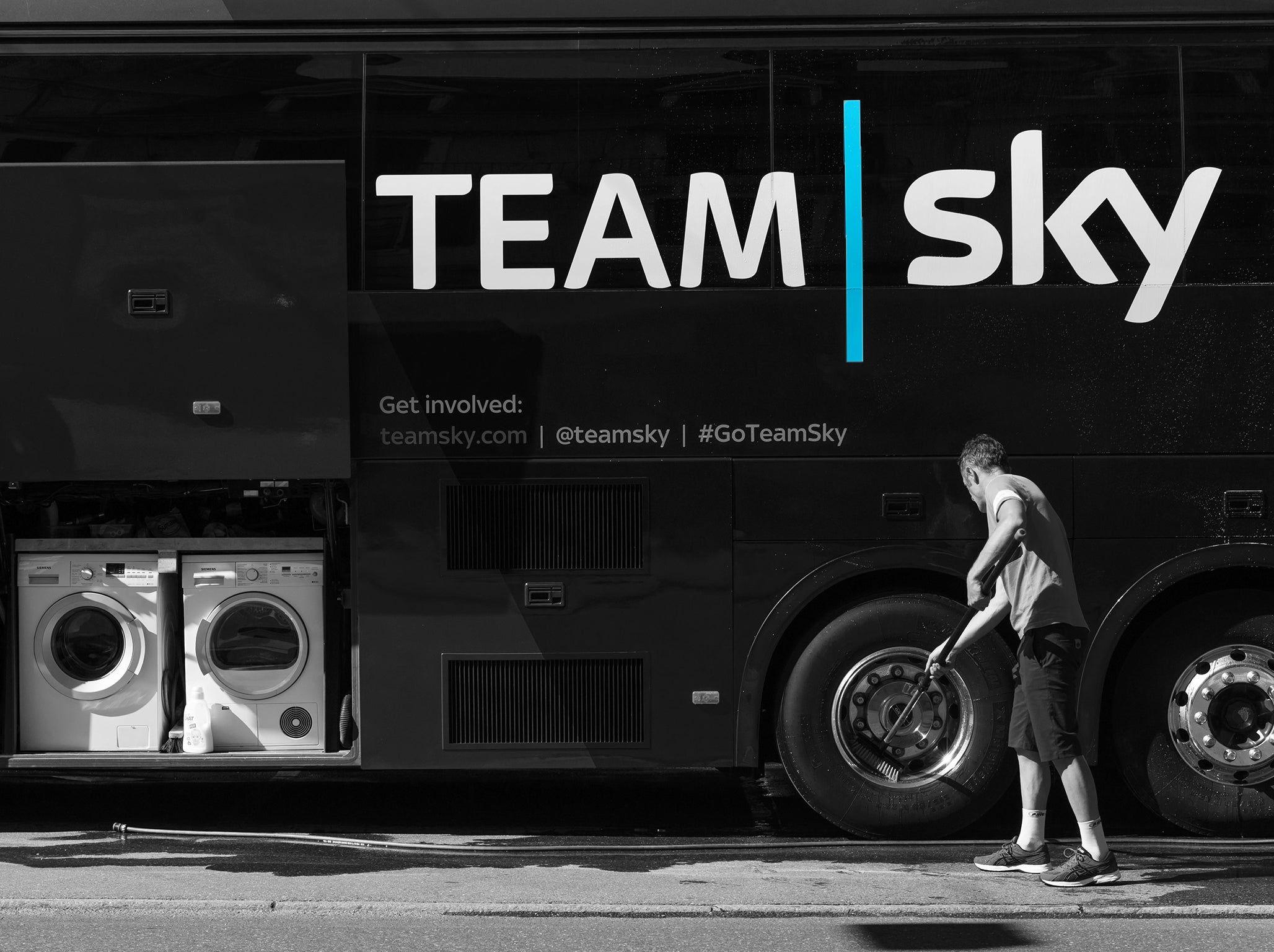
“You start off having a cigarette. Next thing, you’re having a joint, you move on to harder drugs, and the next thing, you’re on crack cocaine. That’s how it started. It got beyond itself. Now, most people are in survival mode. Some of them will think they can survive by telling the truth. Other people tell a bit of the truth. And other people think the only way they can survive is to deny everything.”
“After decades in the wilderness, British Cycling has become one of the most celebrated sporting teams on the planet. But think of how this mindset could transform the world beyond sport. Think of schools, hospitals, local authorities, our political institutions. Think of the thousands of marginal gains waiting to be exploited if we approach these areas with a questioning mindset and a relentless commitment to continuous improvement. Think, too, of how it might impact on our jobs, our lives. Marginal gains: it could just change our world.”
During the last few months, I’ve been thinking again and again about my only proper meeting with Sir Dave Brailsford, more than five years ago. It was September 2012, just a few weeks after Bradley Wiggins’ Tour de France win and the gilded, breathless Olympic Games in London. And even knowing what we do now, I find it hard to reconcile that Brailsford with the harried, evasive, frequently hostile figure we see now: his future cavernously uncertain, his reputation for sporting genius rapidly oxidising.
Back then, he was affable, assured of himself, lit by his own golden aura, eager to spread the gospel. And so when the conversation moved on to doping, and Tyler Hamilton’s freshly-made accusations against Lance Armstrong and his former US Postal team-mates, Brailsford was not guarded but relaxed. He offered the above quote, adding that his team were still suffering from their own legacy of the Armstrong years: the curse of serially winning at a sport that has been serially compromised.
“In those days,” he added, “the way to get a competitive advantage was to know a lot about pharmacology, be brilliant with logistics, how to move it around. Once you take that out, what do you do now? Fortunately, at around that time, we came along, and our background was in sports science and coaching. But the difficulty is that because it’s all coming out now, people say you’re doping. That’s hard.”
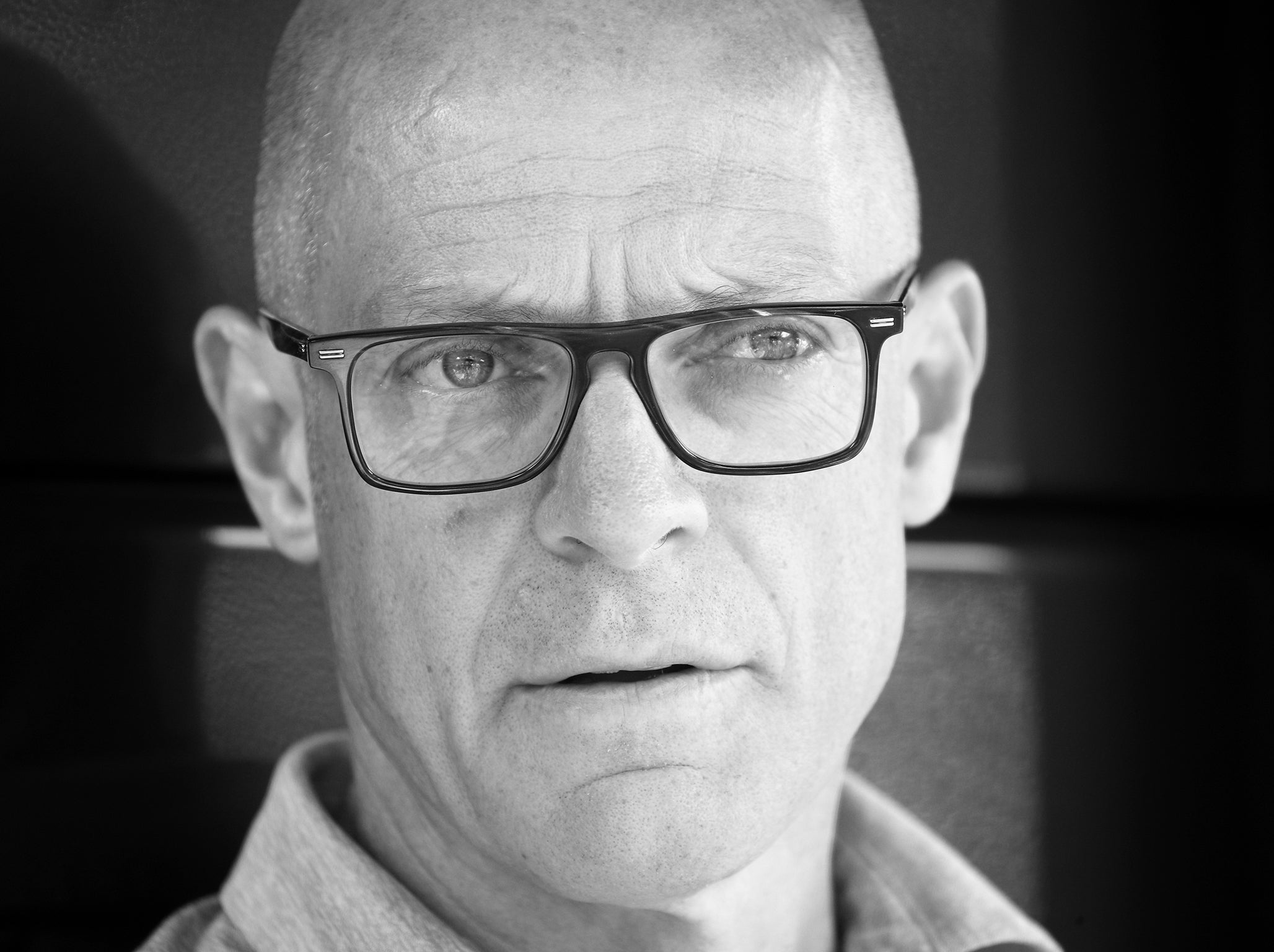
I read those words again now, as the bricks come tumbling out of the Team Sky edifice, and I wonder: did I do enough? Could I have pressed harder? Should I have somehow spotted something in Brailsford’s manner - a nervous cough, a fleeting shiftiness - that might have brought all this to a head sooner? Maybe there’s a special look a guy gives you when his cycling team is surreptitiously administering banned corticosteroids to his star rider - as a parliamentary committee has now found - and really, really wants you to know about it. Who can say?
Equally, you could argue that even if there were beans to be spilt, Brailsford was hardly going to spill them at a convivial sponsor-branded round-table. And as uproariously negligent as it may seem now, it didn’t even seem overly strange that of the dozen or so journalists shooting the breeze with Brailsford for over an hour, I was the only one who even so much as mentioned doping. Had we all - in some sad and important way - failed?
Maybe. After all, back in that heady haze of 2012, there were as many people desperate for Sky to be clean as there are people desperate for them to be doping now. And even as the endgame hovers into view, the fact remains that there are lots of people out there who, for various reasons, simply want Sky to have been cheating: who crave that stark moral certainty, who yearn for validation of the righteousness they already feel deep in their bones. We all like to think we go where the evidence leads us. But whether it’s a novel or a film, reality TV or reality proper, most of us decide who we’re rooting for long before the last act has played out.
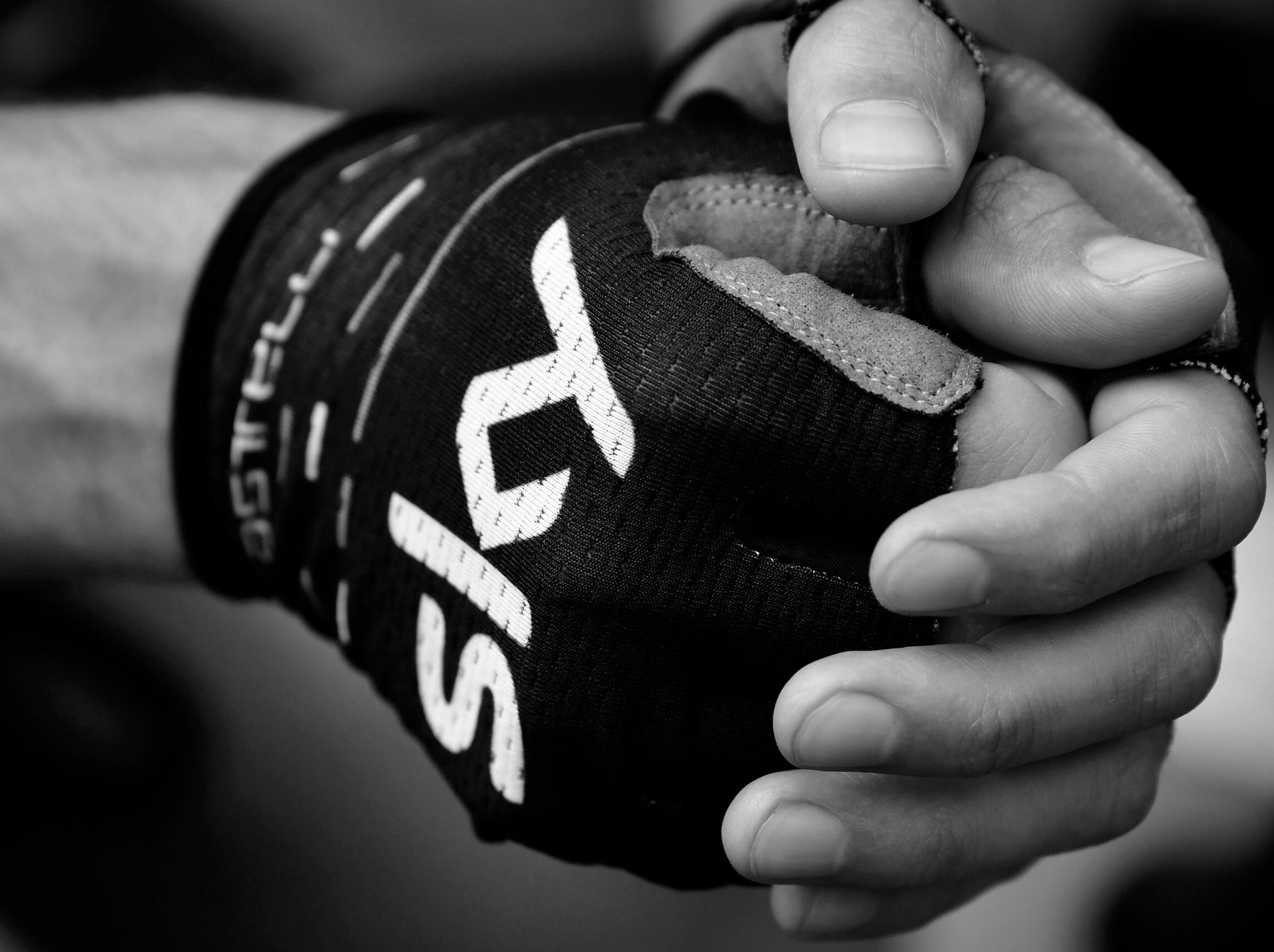
The point is this. Whatever your own allegiances, there are no heroes here: no courageous white knights, no selfless truth warriors. An Iannucci-esque fug of bleak cynicism will be your best friend in all this. Don’t trust anyone in this sordid affair to act in anything other than their own interest. Not Sky, who for all their protestations of innocence are being no more candid now than ahead of the 2011 Criterium du Dauphine during which Wiggins was allegedly administered with the contents of a Jiffy bag that not even his team-mate Chris Froome knew about.

Not the politicians of the Digital, Culture, Media and Sport committee, whose report verges irresponsibly on conjecture in parts, and whose intervention is as eye-catchingly publicity-geared as one would expect from a body containing five ex-journalists or PRs, and no scientific or medical experts. And certainly not journalists, who while understandably dear to my heart are almost without exception self-important, fame-hungry and obsessed with awards: paid entertainers surrounded by clickable adverts.
And whatever you do, don’t trust public opinion. After all, that’s what got us into this mess in the first place. The reason Team Sky’s methods were allowed to go unquestioned for so long was because the emotional pull of their success was so much stronger, squarely hitting those reliable pleasure sensors of patriotism and redemption. It’s easy to forget, in those grisly post-Armstrong days, just how weary cycling was of doping revelations, the thirst for a page to be turned. And the fact that Sky were not only vocal advocates of clean cycling but British made them irresistible lovebomb material: a simple, feel-good yarn with its own Take That soundtrack.
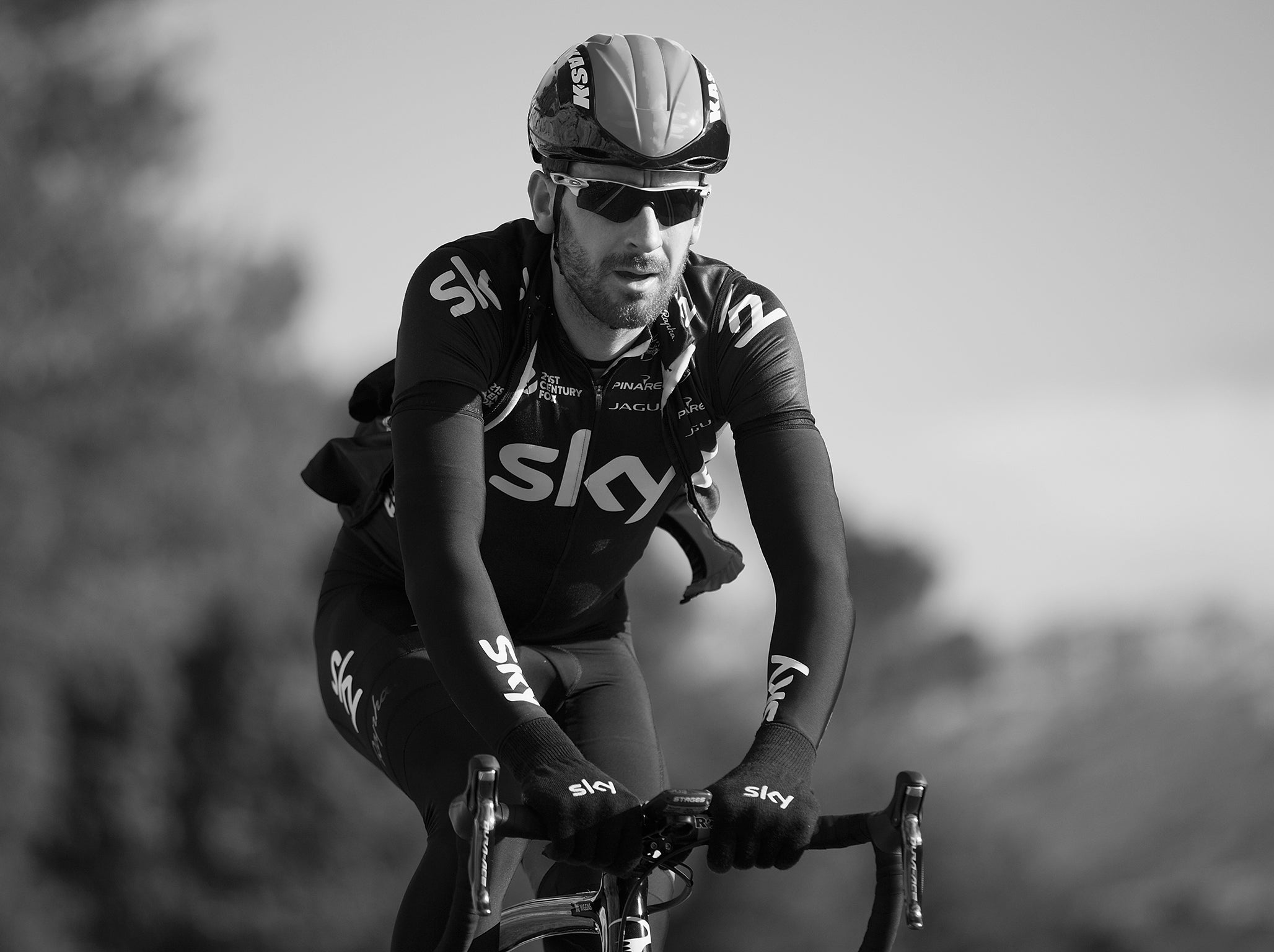
Of course, we now know what was actually happening. At some point towards the end of their chastening debut season in 2010, a dejected Brailsford reached the conclusion that a smarter, less dogmatic approach was required to Team Sky’s medical policy. The zero-tolerance policy on ex-dopers was relaxed. Former Rabobank doctor Geert Leinders was hired on the quiet. And together with team doctor Richard Freeman, Brailsford began to explore the regulatory grey areas where an advantage could be gained.
“Where the line is between what’s allowed and what isn’t - in cycling, it can sometimes be a bit blurred,” he is quoted as saying in Richard Moore’s book ‘Sky’s The Limit’. Over that winter, it is possible to glimpse how exploiting the rules on doping simply became another of Sky’s marginal gains, a puzzle to be solved.
And as the palmarès began to swell, as first Wiggins and then Froome cemented Sky’s grip on the Tour de France, as the likes of Michel Kwiatkowski, Wout Poels and Luke Rowe began to make inroads into the Classics, Sky’s prowess at winning bike races was gradually elevated into something more. The doctrine of marginal gains - one that essentially ignored Team Sky’s gargantuan budget and attributed its success to the accumulation of small advantages like using hand gel to reduce infections - became not simply a natty little tale to spin the papers, but a cultish business credo that its advocates have ruthlessly commodified for personal enrichment.
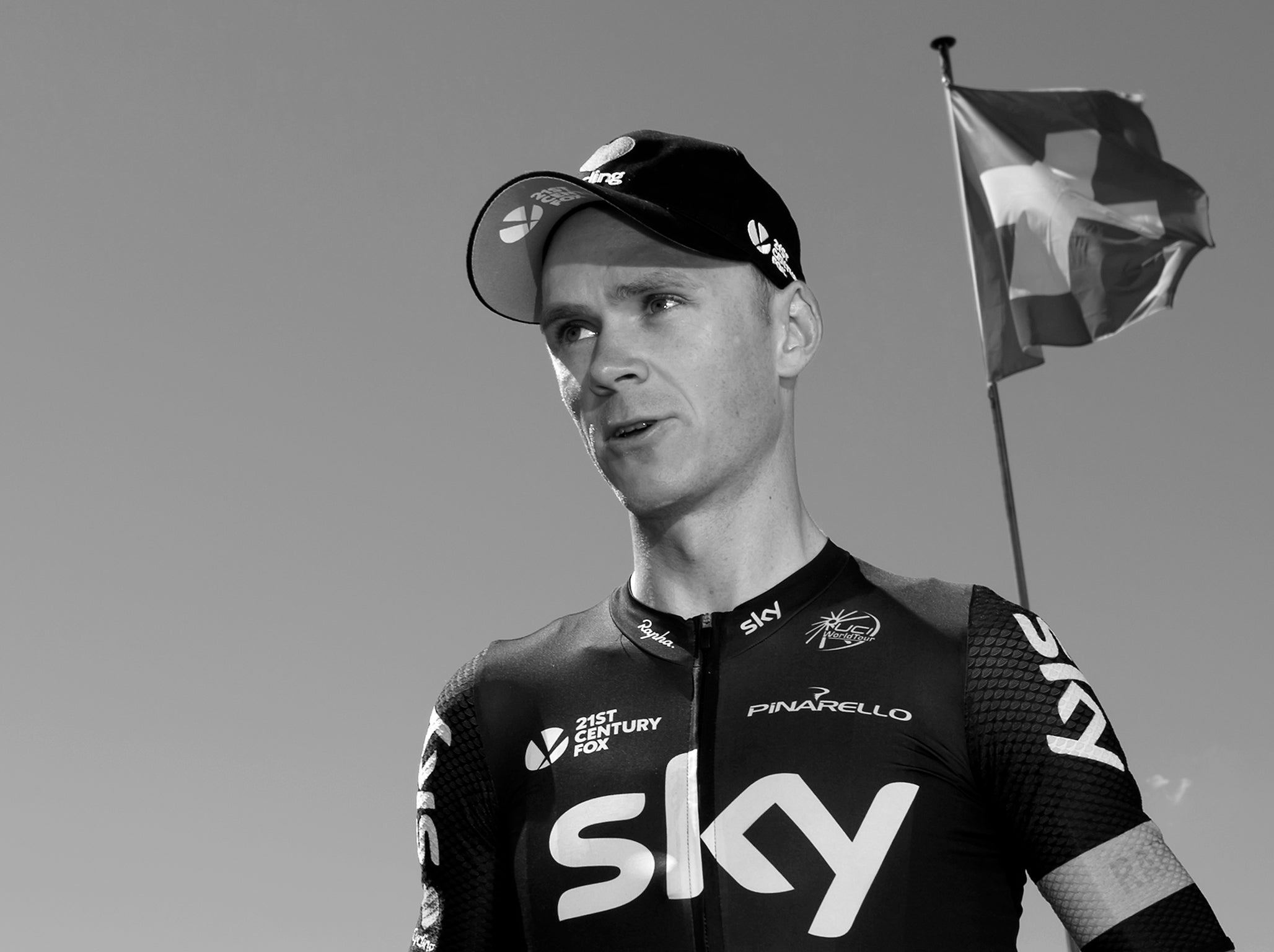
Over recent years, the former British table tennis player Matthew Syed - a close friend of Brailsford - has promoted the “growth mindset” paradigm used by Team Sky to carve out a lucrative writing and corporate speaking career, telling eager businessmen and Times readers with an entirely straight face that antiseptic gel will make all their dreams come true. It’s easy to dismiss Syed’s wonkish, vaguely patronising schtick; the certitude of the man who has read one book in a room full of people who have read none. But the Health Secretary Jeremy Hunt is a huge fan, and has used Syed’s work as the ‘intellectual’ basis for a 10-year NHS reform plan that critics claim is an attempt to introduce market-based privatisation by stealth. Marginal gains: soon playing at a hospital near you.
And so, for all Sky’s infelicities, of which more may yet emerge in the coming months, it would be remiss of us to ignore the way in which they were enabled - by a pliant media, by an unsceptical public - because their rise was just too good a story. Almost as good a story as their fall is proving now: Wiggins the dethroned Mod king, Brailsford the zany Frankenstein who created one monster too many, the baying masses, the infamous and mysterious Jiffy Bag, which of course now has its own parody Twitter account (it’s yet to tweet, which you have to say is entirely in character).
Was it all worth it, then? Did we all, ultimately, get what we came for? Sky’s beaten opponents may have something to say about that; although frankly, given the recent history of pro cycling, he who is without sin generally carries the lanterne rouge. And so really, this whole affair, like so much of what we charitably describe as sport, is as much a parable of our own wretched nature as anything else.
Yes, us: we humans, we animals in jeans, who like to think of ourselves as entirely autonomous but are as predictably susceptible as a cat with string. We want to win. We want to be lauded. We want to be rich. We want to be entertained. We want to feel clever without being clever. We want to feel morally superior without being morally superior. Above all, we want to be regaled. “We tell ourselves stories in order to live,” as Joan Didion puts it. And if the rise and fall of Team Sky teaches us anything at all, it is that people would far rather be told a beautiful lie than the ugly truth.
Join our commenting forum
Join thought-provoking conversations, follow other Independent readers and see their replies
Comments
Bookmark popover
Removed from bookmarks